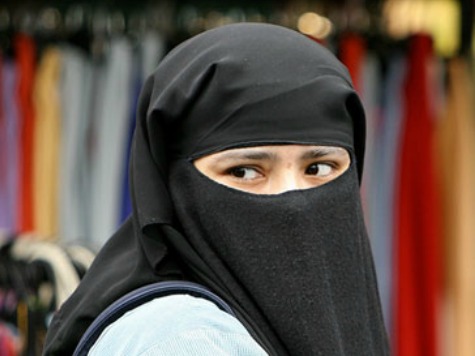This article originally appeared in The Daily Beast:
No piece of cloth throughout history has sparked more controversy as the veil. Many Muslim women are forced to wear it daily. The hijab has a spectrum, of course, from its most radical embodiments, the niqab, which covers the entire face, to loose fitting headscarves.
Saudi Arabia comes come second only to Iran in using the power of the stick (the Committee for the Promotion of Virtue and the Prevention of Vice or the religious police) to impose a particular form and color of hejab on all our women. And when I say all our women, I mean all: Saudi and non-Saudi, Muslim and non-Muslim alike.
The sheer size of the country means that each and every region of Saudi Arabia contains a great diversity of cultures, dialects and religious sects. Until the seventies, women here were free to wear almost whatever they wanted. Bedouin women wore bright clothes and burqas, the parting of their hair and their kohl-lined eyes left exposed. The women of the city donned their abayas, the fabric drawn in around their waists. The Arab women wore their colored hejabs, and the non-Muslim women dressed modestly and without a veil.
The women in my father’s village, Tarfa, to the north-west of Mecca, wore bright clothes with pink and white scarves wrapped around their heads and necks. Like the Bedouins, they left their faces and the parting of their hair exposed.
This all changed when the state-supported wave of religious fanaticism struck our society. The black abaya and facial covering was imposed on all female government employees, and on schools and universities. And the black hejab was imposed on all non-Saudi women, regardless of their religion or creed. It was unthinkable to see a woman in my hometown, Mecca, who did not wear the niqab; revealing your face was a social taboo and was haram in the eyes of religion. Leaflets were widely distributed during that era saying that facial covering was what separated the Muslim woman from the infidel. The fanaticism spread even to children: even before I took off my niqab for good, a ten-year-old-girl next to me on a plane called me an “infidel” when I lifted my veil to eat a meal.

COMMENTS
Please let us know if you're having issues with commenting.